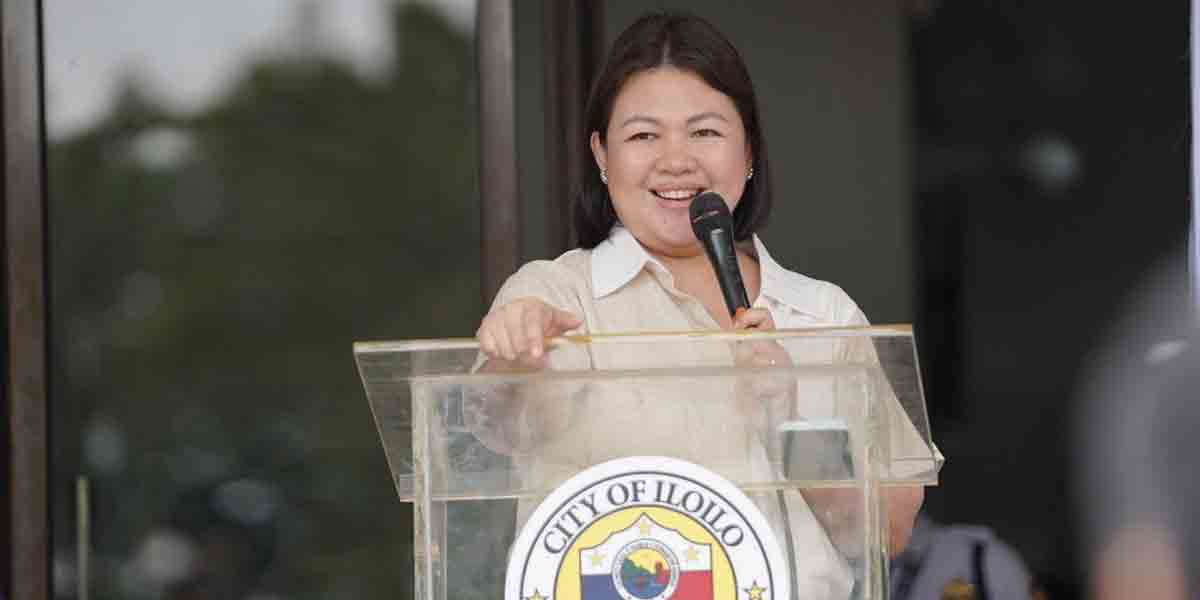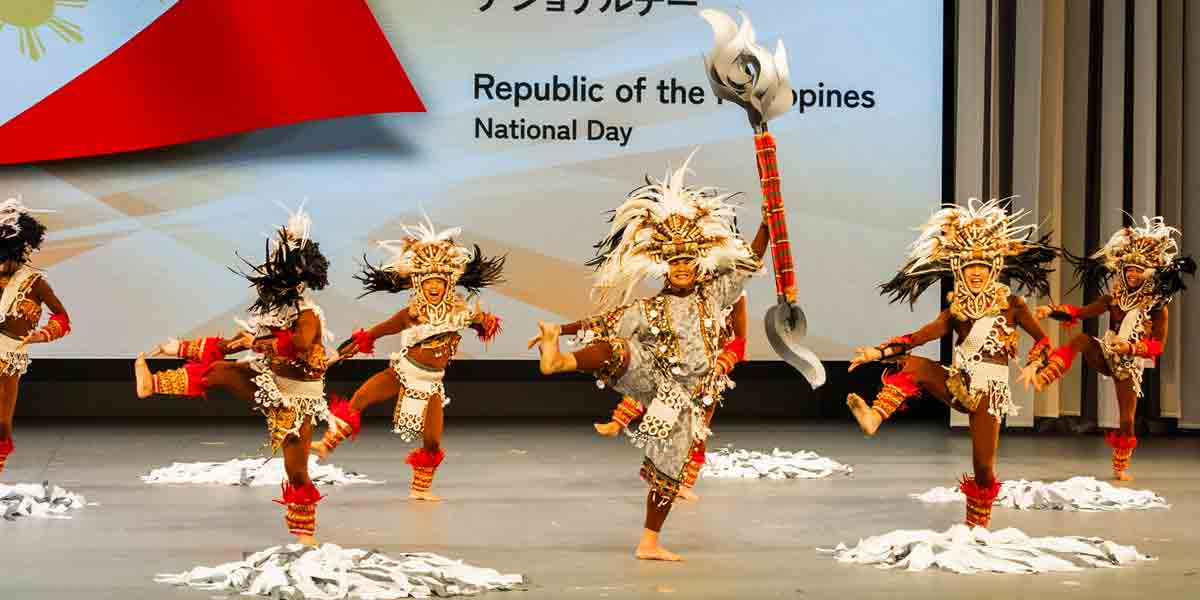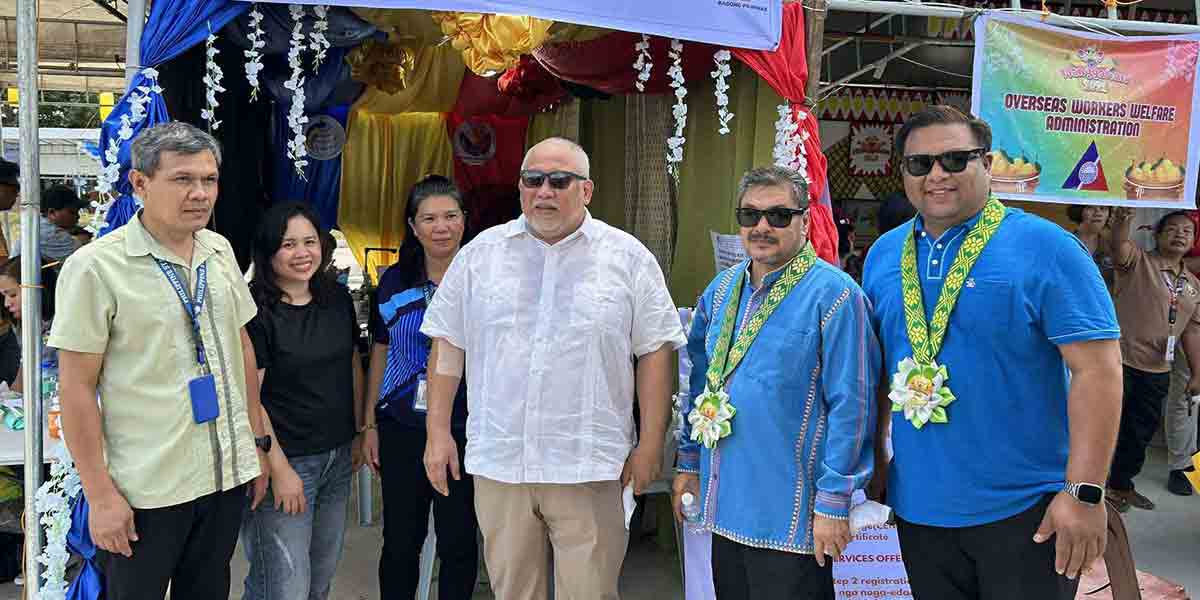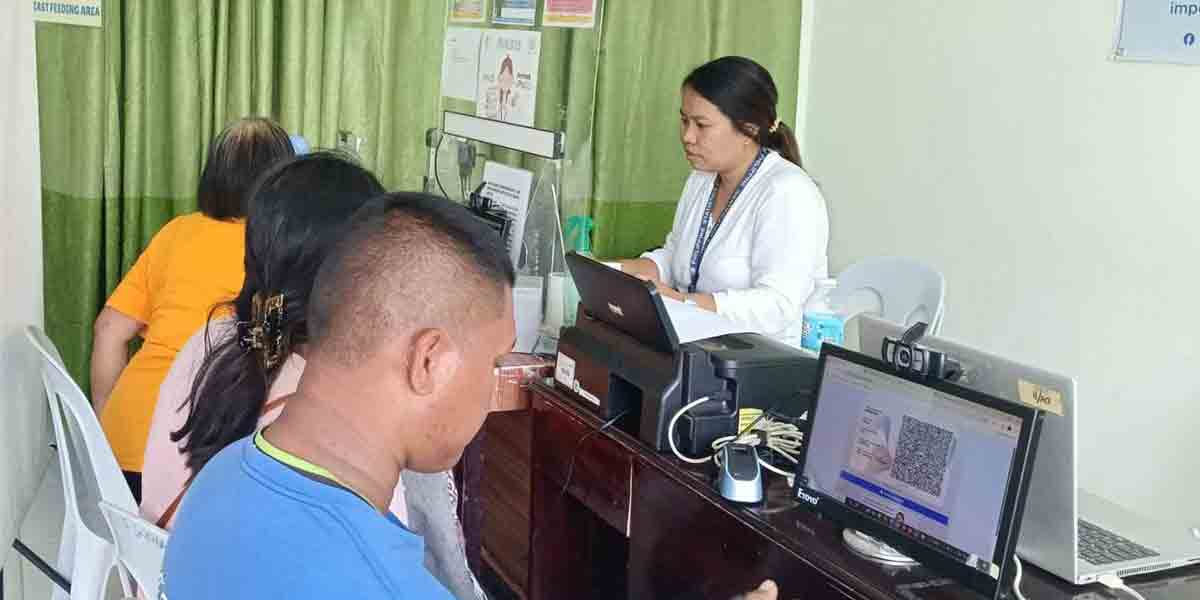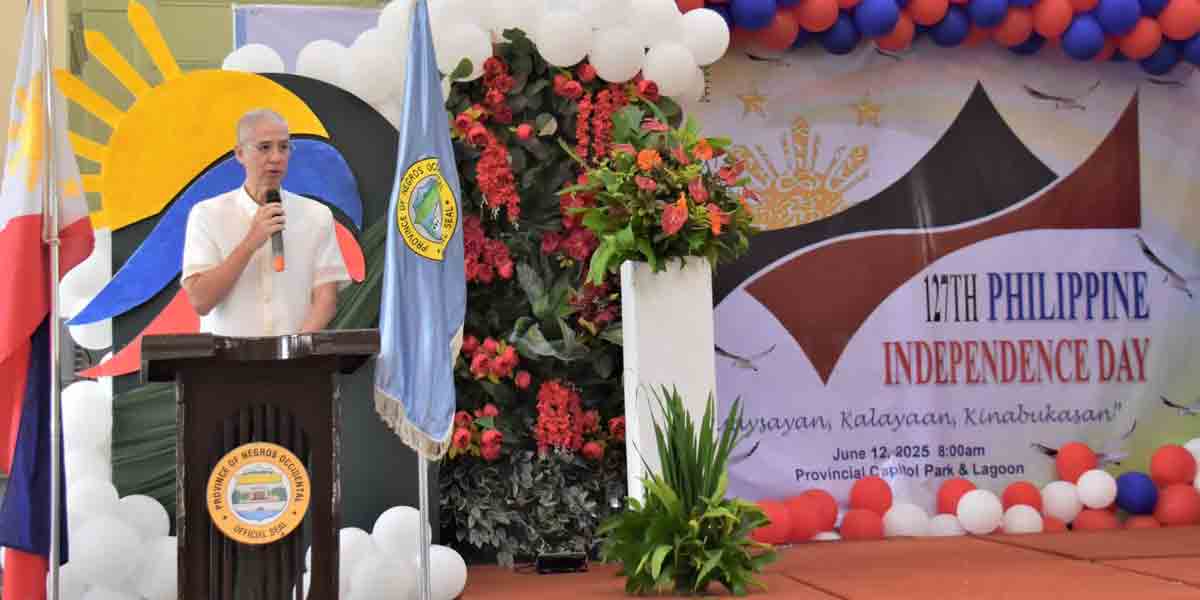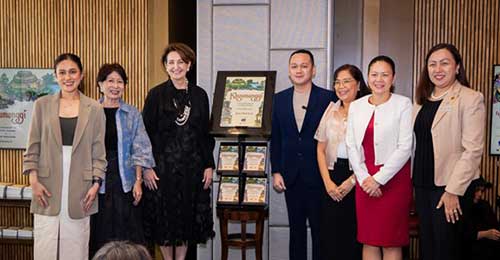
On Feb. 20, the Department of Trade and Industry (DTI) launched the cookbook Kayumanggí: A Kaleidoscope of Filipino Flavors and Traditions at Sheraton Manila Hotel.
The event highlighted the importance of Filipino gastronomy in preserving cultural heritage and supporting economic development.
It aligned with the DTI’s broader push to strengthen the Philippine creative industries.
Chef Jam Melchor, author of Kayumanggí and longtime advocate for Filipino culinary heritage, emphasized the need to safeguard the country’s food traditions.
“This book is more than just a collection of recipes—it is a testament to the depth and diversity of our food culture, ensuring that our culinary legacy is preserved for generations to come,” Melchor said.
Assistant Secretary Nylah Rizza D. Bautista echoed this sentiment and emphasized the DTI’s role in supporting creative industries, particularly under the Traditional Cultural Expressions domain.
“With Kayumanggí, we wanted to create something enduring—something families can pass down, not just as a cookbook, but as a piece of history that connects us to our roots,” Bautista said.
The launch marked a milestone in promoting Traditional Cultural Expressions, a key component of the Philippine Creative Industries Development Act.
The event was graced by U.S. Ambassador to the Philippines MaryKay Carlson, Assistant Secretary Lemuel Ortonio from the Office of the Vice President, and U.S. Embassy Public Affairs Counselor Heather Powell.
Other guests included Assistant Secretary Leonila T. Baluyut, Officer-in-Charge Executive Director Lilian G. Salonga, Director Marievic M. Bonoan, and Assistant Director Jo-Dann N. Darong.
Kayumanggí underscores the importance of preserving the country’s gastronomic heritage.
Under the Philippine Creative Industries Development Plan, the Traditional Cultural Expressions domain includes food, gastronomy, and culinary practices.
According to a 2023 report by the Philippine Statistics Authority, this sector supports 2.58 million jobs and contributes 3.4% to the industry’s total output.
This highlights the key role of food traditions in empowering local communities and creating economic opportunities.
Through initiatives like Kayumanggí, the DTI continues to champion Filipino creativity and ensure that Philippine gastronomy remains a vital part of both cultural preservation and global recognition.

